United Kingdom
Explore Gallup's research.
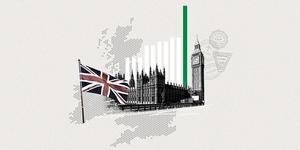
New global data show that adults in the U.K. are more likely than residents of any other country to name immigration as a top national problem.
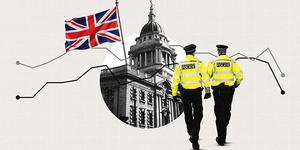
Britons' confidence in their national courts and local police fell sharply in 2025, even as their faith in other institutions held firm.

Gallup data collected shortly before the U.K.'s July 4 election highlight major challenges that Prime Minister Keir Starmer inherited from his predecessors.
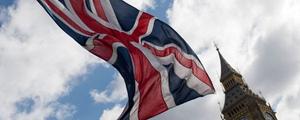
Ahead of the general election in the U.K. next week, Gallup data paint a mixed picture of economic perceptions in the U.K. compared with other major economies.

Across a range of indicators, from the national government to the judiciary, the U.S. performs worse than its counterparts in the G7.

With a general election on the horizon, Britons are less satisfied than the rest of Western Europe with how their local communities are functioning.

Almost two decades ago, adults in the United Kingdom and the United States expressed more confidence in their national governments than residents in any other G7 country. Where has that confidence gone today?

Satisfaction with healthcare and public transport in the U.K. is the lowest it's been in over a decade. Labor strikes may further cut satisfaction in 2023.

Canada and Great Britain are again the countries Americans view most favorably, while Russia has slipped to join North Korea as the least favorably rated of 21 countries.

Over half of U.K. adults approve of the EU for the first time since Gallup started tracking the measure in 2008. They are slightly less fond of their own leadership.

Research from AWS and Gallup finds workers with more digital skills report substantial benefits in job satisfaction and security over those with fewer skills.
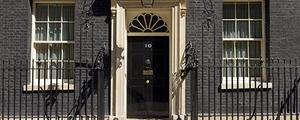
Thirty-eight percent of Britons said they approve of the job Prime Minister Boris Johnson is doing, while 33% expressed confidence in their national government.

As inflation soars in the United Kingdom, Britons are less optimistic about their standard of living now than they were even during the height of the Great Recession.

Record temperatures and wildfires have plagued the EU and U.K. this summer. In 2021, a median 48% of individuals across the region were dissatisfied with efforts to preserve the environment in their country.

Americans view Canada, Great Britain, France and Japan the best of 19 countries asked about -- and North Korea, Afghanistan, Iran, Russia and Iraq the worst.

When Winston Churchill delivered his famous "Iron Curtain" speech 75 years ago, Americans were reluctant to form a military alliance with the U.K. and were unsure of how to respond to Russia's postwar moves.

The 15% of Britons who approve of U.S. leadership in 2020 represents a record low not only for the Trump administration, but also for any U.S. administration since 2006. Britons also do not think highly of Russia's leadership (17%) or China's (12%).

Britons' job market optimism has fallen sharply amid the economic disruption caused by the coronavirus pandemic; 21% now say it is a good time to find a job. Britons' views of their living standards have been more stable.
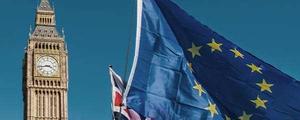
As the U.K.'s Brexit transition deadline approaches, Britons' approval of the leadership of the EU and Germany are at or near record highs, while Boris Johnson's approval rating is similar to Theresa May's last one on record.

Are your employees reluctant to raise a red flag? Go beyond compliance training to create a culture where they feel safe raising their concerns.